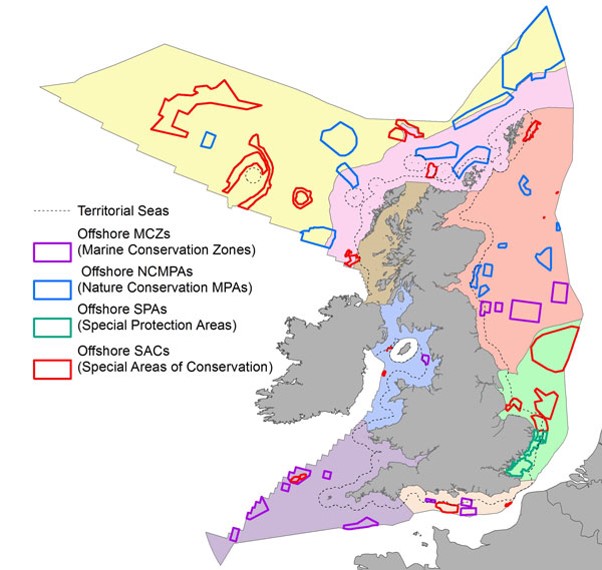
……and we don't mean just after Covid-19.
Harry Barton of the Devon Wildlife Trust gave Coastwise members his view on the future of marine conservation and wildlife when we've left the EU.
He outlined the disastrous drop in wildlife in the seas over the last century, and the start of measure to remedy it with several forms of marine protection.
One the of the major, but unrecognised forms of marine pollution is an estimated 3M Te of soil runoff per annum from the land, contanining sediment and residues of agrochemicals.
With a new Fisheries Bill, there is a chance to rethink the whole strategy on fisheries quotas and move towards a more effective management strategy, with surveillance by CCTV cameras on vessels, and targetted enforcement measures.Key points are :- No fishing above scientific limits, Proper monitoring: CCTV cameras on all vessels, Fairer deal for local fisheries, Stocks shared with other countries managed sustainably.
The Environment Bill will enable a fresh look at pollution, addressing not just effluent discharges, but what is produced and how. The main points are :- Ambitious and binding targets on land and sea, A properly independent watchdog with powers, Non regression: no weakening of EU protections, Waste: look at production not just end of life solutions, Proper protection of rivers, lakes and water bodies.
The development of the marine protected areas will need to ensure that they are large enough, close enough, connected and representative, as there is now ample evidence that such areas do allow regeneration of marine life stocks, and, on the side of optimism, that recovery can be very quick.
Harry also gave an overview of a DWT project nearer home for Coastwise members – Horsey Island protection from marine encroachment. The sea wall provides protection for a large medieval landscape, the Braunton Great Field. Erosion of the outer bank which was built in the 1820s to enclose additional land has resulted in its flooding and the DWT has proposed one option of letting the land revert to marsh, and installing a sluice gate to control tidal flows.
Overall, Harry's message is one of a growing recognition of the damage that has been done to our marine surroundings, but also a glimmer of hope in that much is underway to start adressing it. However, it's going to be a very long road back to the fisheries density diagrams of the 1900s.
Picured R, courtesy of DWT : Protected areas around the UK, Land runoff pollution, Overfishing – the worst offenders, Seabed recovery can be fast with protection in place.

